What should we expect?
At Alabanza Music, all children are welcome no matter what age or stage or unique needs they may have.
We pride ourselves on providing a calm, nurturing environment, free from distractions in an otherwise hectic world.
We sing, play and move to a diverse repertoire of music with folk and classical music from all around the world.
Children and adults should dress comfortably as we are up and down from the floor quite a bit. We are barefoot in sessions so that we remove shoes and socks prior to entering the classroom. (Avoid tight/short pants/skirts/sleeveless clothing)
For Family Music classes, parents participate alongside their children throughout the session. Children are not forced to do any singing or movements. They are allowed to explore the classroom and get comfortable. Sometimes your child may just watch in wonder. Do not be disappointed if your child has trouble sitting or participating fully for every activity. This is not an appropriate expectation for infants, toddlers and even preschoolers. If the child is present in the environment, he/she is learning.
In Pre-Piano and Versatile Music Maker classes, parents are encouraged to sit in to observe or come in at the last 15 mins for an important review. Children are encouraged to develop their singing voice and learn how to regulate their movements to be mindful of their posture, positioning on their own and making music together as a group.
Want to bring another relative/friend to class with your child? Confirm with us first. Any individuals with injuries or disabilities can be provided with a chair in class if needed
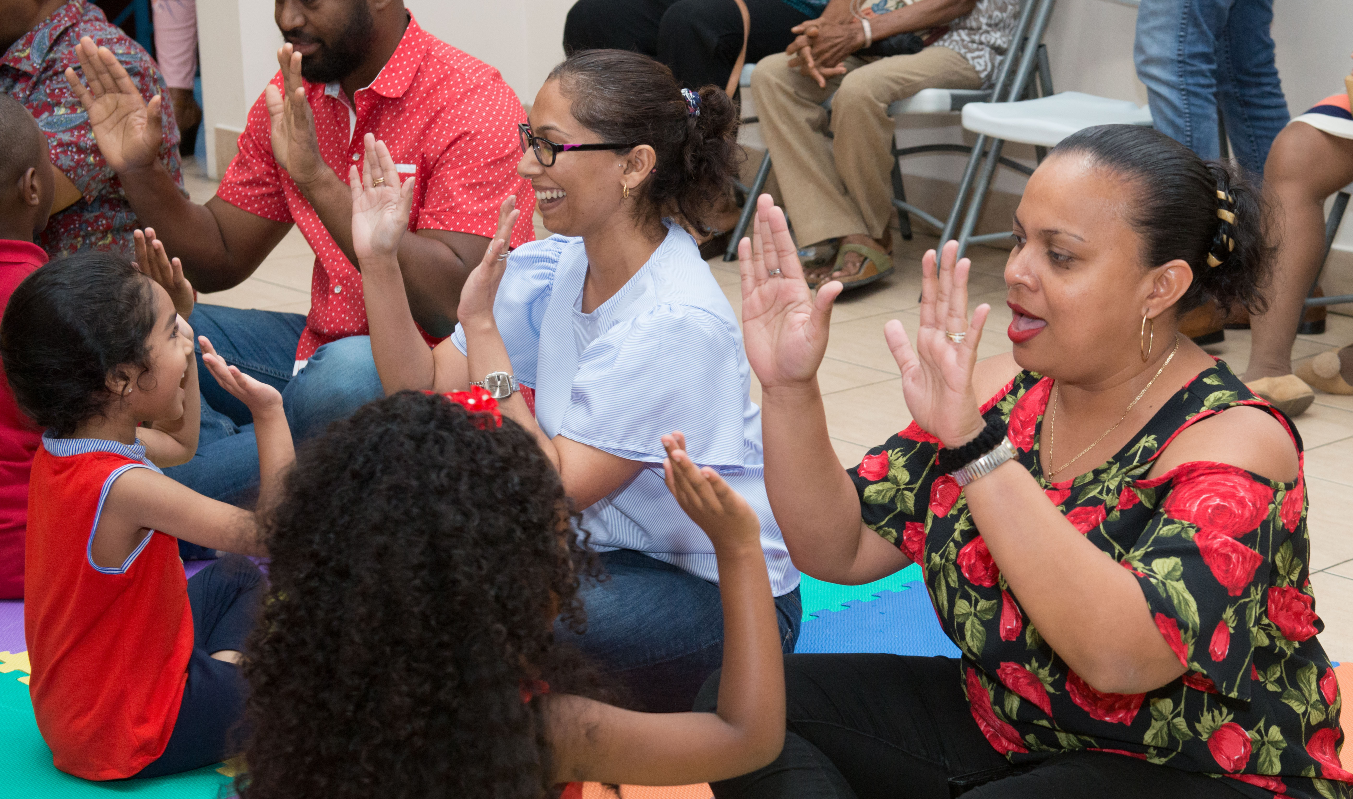
Be4 You ATE
PARTICIPATE
Most of our music making is a capella singing (voices without audio music in the background) to which children respond more readily. As such, adults should be ready to particpate as fully as possible with their child in Family music classes and at the end of Piano Prep Classes. The songs and movements are not difficult. You are encouraged to sing and perform movements as modeled by the facilitator to be a musical companion and example to your child.
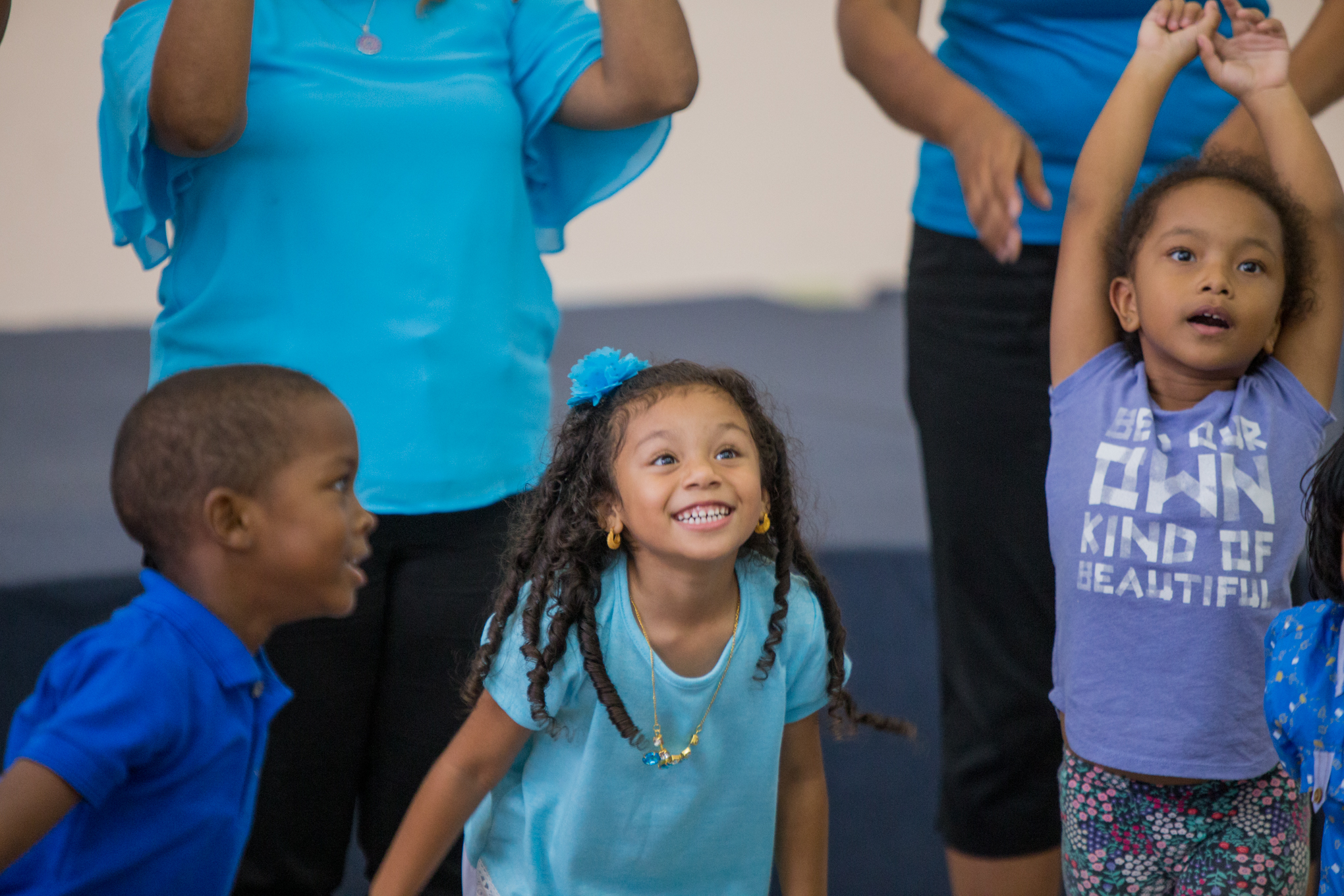
ACCOMODATE
Be patient. Allow your child time to observe and become comfortable participating. Observation is key to learning. Don't pressure them! The more classes the child takes, the more actively he/she will begin to particpate.
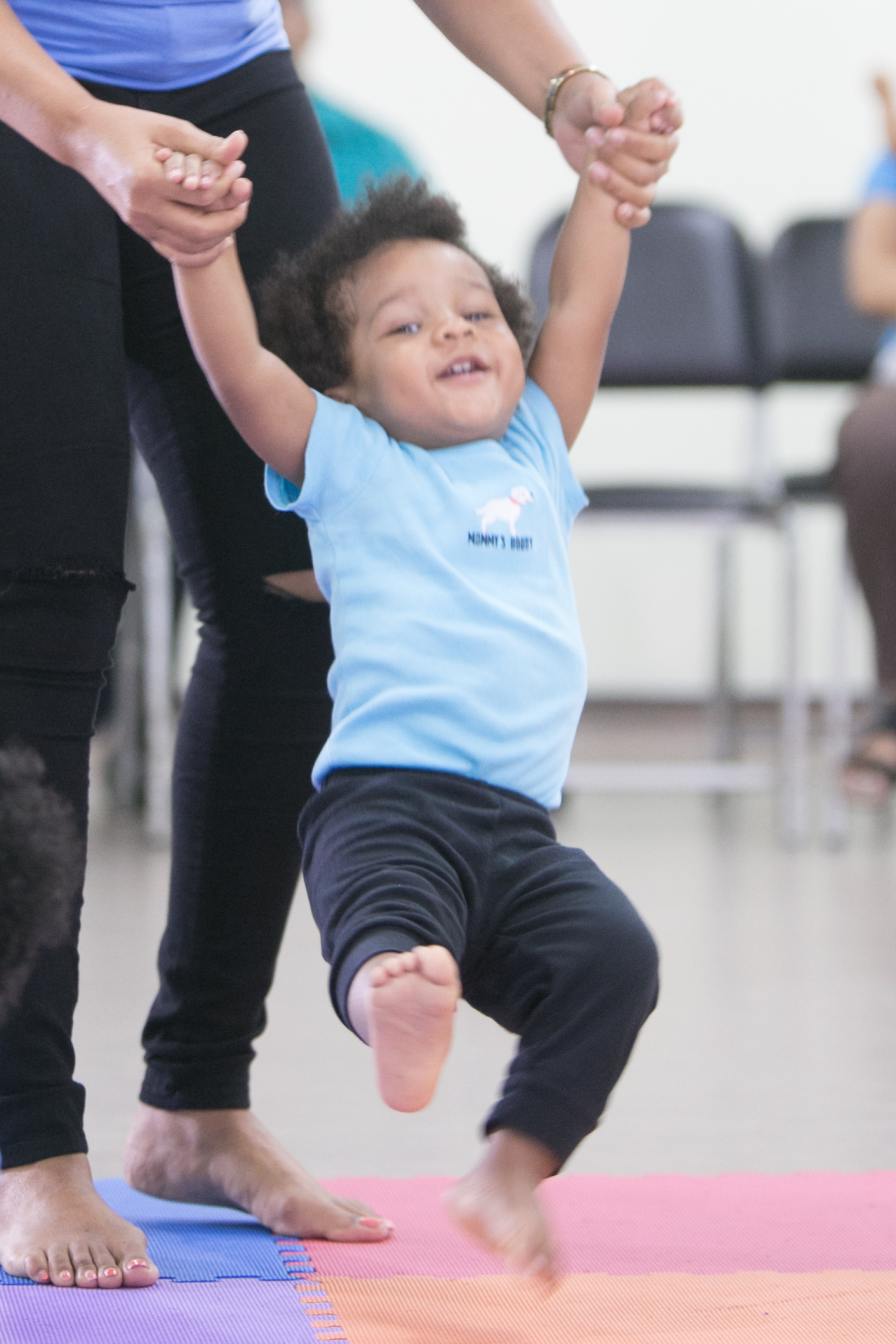
ANTICIPATE
In Family Music Classes, always be within arms reach of your child. Also, try to avoid harsh public rebuke, critical, negative stares or comments directed towards your child or any other children within the group. If you see your child doing something inappropriate, call their attention to it immediately with a quick gesture or action. Do not shout out their name!
If your child becomes upset or disruptive, your child may be tired, hungry or uncomfortable for another reason. It is a good idea to take a short walk (but do try to return when he/she is ready) or get a drink of water/light snack to refresh. If you need to leave the session, be sure to notify us when leaving directly or via message.
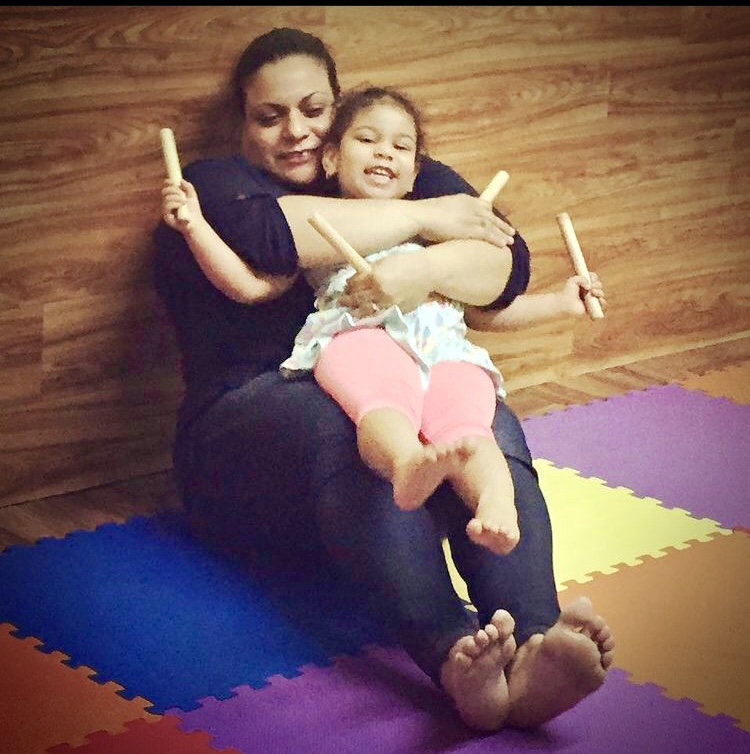
APPRECIATE
When it's time to "be my echo" or take a turn on an instrument, we will always respond "Thank you / Gracias" no matter what your child does or doesn't do, in order to show appreciation. It may take some effort but try to avoid terms like "good job""very good" as we're not evaluating children's performance but encouraging the process of learning. Not sure what to do then? One of the best ways to appreciate is with hugs and kisses of affirmation.
PARENTS NOTE
Research proves and endorses that music training is not just for children who show interest in music, but beneficial to all.
Therefore these statements:
“I want to see how my child responds to the class"
should turn into
"I plan to enthusiastically engage in the class, modelling the participation that I hope my child will follow. I want them to feel no pressure from unrealistic expectations, confident that they will undoubtedly reap the benefits"
Children's innate musicality can be developed once parents understand the pivotal role they play,
then provide the environment in which their children can be successful.
Classroom Etiquette
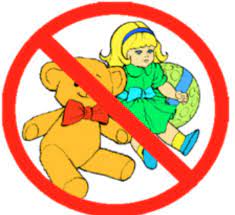
Please keep food, toys, pacifiers and other possible distractions in your bag/ or leave them in car.
Try to make bathroom stops and diaper checks before class begins or before leaving home.
We recommend your child be fed before class and not during class to ensure they are energized for activities. If you feel the need to feed while class is in session, carry your child to the adjacent area away from the view of the group and return when feeding is completed.

Silence mobile phones before class and keep them in designated area with your bags. If expecting an emergency call, do keep your phone on vibrate on your person and you can step out of the class to take the call
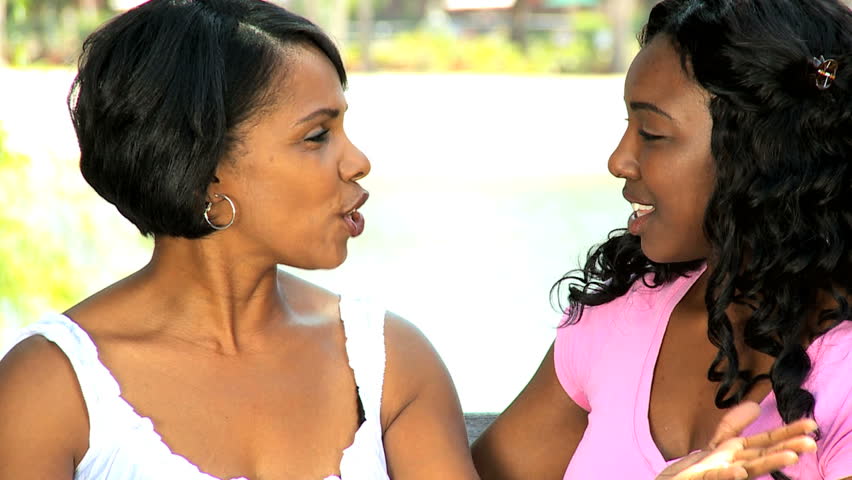
Please keep conversation to a minimum during class. Usually it's just the facilitator doing the talking as a verbal coach with instructions directed more so to the adults. The adults should be able to follow directions and allow the children to be guided accordingly so that the children could focus on what the music is telling them to do.
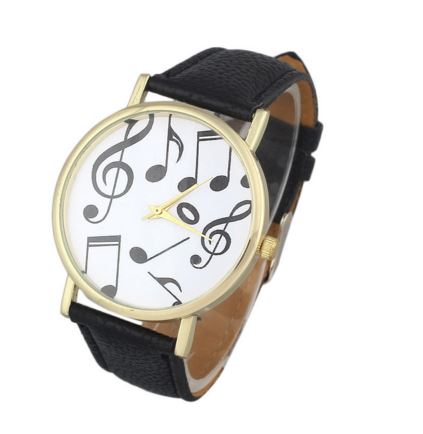
Arrive to session on time and avoid sleepy children. If they fall as sleep on the way, be sure to spend sufficient time outside getting them prepared to participate before entering the class space. It is counter-productive for the child and entire group to try to coerce them to jump out of slumber into doing activities.
Understanding the Neuroscience of Music Education through play
Thank you for choosing Alabanza Music for your family. We are committed to sharing a fun and productive musical experience with you and your children.


